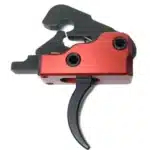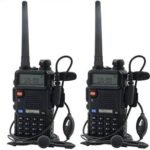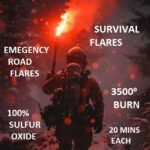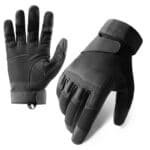









Survival supplies are essential for emergency situations where access to basic necessities like food, water, and shelter may be limited or unavailable. These scenarios can arise from natural disasters—earthquakes, hurricanes, floods—or unexpected events like power outages, economic downturns, or civil unrest.
Having survival supplies on hand helps individuals and families stay safe and comfortable. Essentials include non-perishable food, water, first aid kits, flashlights, batteries, blankets, and more. Preparedness reduces the risk of injury, illness, or death, while easing the burden on emergency services.
By following these tips, you can build a well-rounded survival kit with Freedom Gear, offering peace of mind and the tools to handle any emergency.
When it comes to survival supplies, it’s important to have the essentials to ensure your basic needs are met. Here are some key items to consider:
These are just some of the essential items to consider when preparing survival supplies. It’s important to tailor your supplies to your specific needs, such as any medical conditions or special dietary needs. It’s also important to regularly check and update your supplies to ensure they are still usable and up-to-date.
Long-term survival supplies are meant to sustain you for an extended period, typically at least several months or even years. These supplies are intended to help you survive in situations where access to basic necessities, such as food, water, and shelter, may be severely limited or completely cut off.
Overall, long-term survival supplies are intended to help you sustain yourself and your family for an extended period in the event of a disaster or emergency situation. It’s important to plan and prepare ahead of time to ensure you have the necessary supplies and resources to meet your needs.